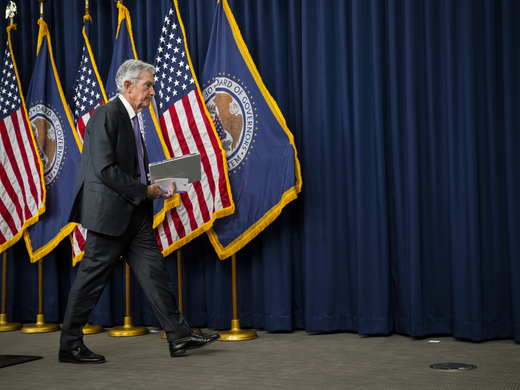Since the debt crisis of 2010-2012, sustained efforts toward deeper integration, supported by accommodative monetary policy, helped promote the recovery of the euro-area economy and dispelled fears of a breakup of the single currency. Fiscal rules were tightened and macro surveillance tools were set up for crisis prevention. Yet significant challenges remain to be tackled. Gaps remain in the euro-area architecture; limited progress has been made in establishing the Capital Markets Union and the banking union remains incomplete. Today’s environment of solid growth remains an ideal time to advance the reform agenda. There is wide agreement that building a well-functioning and resilient monetary union in Europe requires further steps to break the bank-sovereign doom loop and to increase risk sharing among members of the union. Many competing proposals have been tabled to make the governance of the euro area more robust. Views differ on the shape and sequencing of reforms, and on the degree of integration that is ultimately desirable, with some observers arguing for a full fiscal union with shared risk, and others going all the way to full political union through the creation of a federal state. This paper assesses and prioritizes key proposals that are economically sound and politically feasible.


